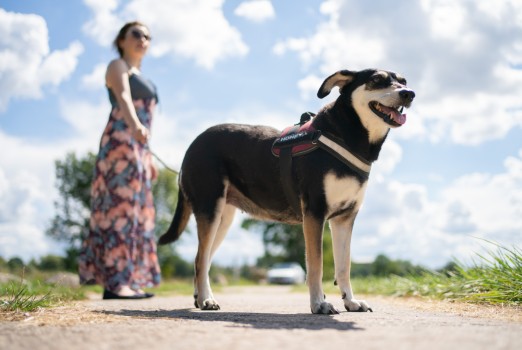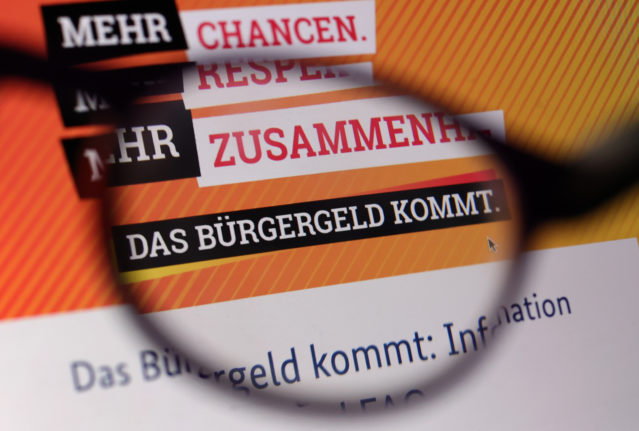Germany’s agriculture ministry has been roundly ridiculed for the proposal, with international and domestic news outlets hounding Minister Julia Klöckner for the perceived nanny-statism of the proposal.
“This is the dumbest idea any ministry has ever come up with,” wrote Bild columnist Hans-Jörg Vehlewald. “Who is supposed to control this: police, the public order office or neighbours?”
MUST READ: Everything you need to know about having a pet in Germany
Dog owners also took to social media to bare their teeth. Some said that their dogs couldn’t handle an hour’s walk a day. Others said that during a heatwave it would be better to take the dog to the lake rather than make it suffer through a long walk.
Ernsthaft, eine #gassipflicht ?? Ich soll mit meinem Angsthund 2 x eine Stunde Gassi gehen? Mein Hund ist nach einer Stunde körperlich & nervlich am Ende. Kann jemand der guten Frau Klöckner bitte sagen, dass nicht alle Hunde die gleichen Bedürfnisse haben?
— Carina (@_TakeMeAnywhere) August 18, 2020
“Am I supposed to walk my dogs twice a day for an hour? He's physically and mentally exhausted after an hour,” wrote on Twitter user.
So what is the truth about the proposed law? Does Klöckner want to spy on every dog owner in the country or has a big fuss been made about nothing?
Doesn't have to be walkies
The first thing to say about the law is that it doesn’t specify that you have to take your dog for a walk. The wording is that “a dog should be able to exercise at least twice a day for a minimum of an hour outside (for example a walk, in the garden etc.).”
The wording is pretty open – generally it means that your dogs need to be outside for an hour a day. So taking the pooch down to the lake to allow it to cool off in the water, or just letting it run around at a dog run would be fine.
Not aimed at normal dog owners
A second clue that the law isn’t actually aimed at normal dog owners is to be found in the complete quote that has caused such shock.
“A dog should be able to run at least two times a day for a minimum of an hour outside (for example a walk, in the garden etc.) outside of its cage,” states the press release on the ministry website.
This suggests that we are not talking about household pets. Indeed the ministry has clarified that the law “is aimed at dog breeders” not everyday dog owners.
An official made clear that no one will be sent around to check up on how regularly dog owners are taking their pets out for a walk.
But the ministry only has itself to blame for the confusion. The introduction to the law references the fact that a fifth of all German households have a dog, clearly implying that the new rules affect everyone.
 Photo: DPA
Photo: DPA
A law against pugs?
Another aspect of the law which has gained less attention, but is perhaps more relevant to city-based dog owners is that it seeks to “prevent an increase in demand” for dogs with breeding defects.
Concretely, a ban on entering these breeds into dog shows will be introduced. The ministry says that this will reduce the incentive to breed such dogs.
The ministry does not specify which breeds will be banned from shows. But pugs, French bulldogs, chihuahuas and dachshunds are all generally considered to have breeding defects.
What else is in the law?
Other aspects of the law which have been met with approval from animal rights activists are a ban on keeping dogs on a chain in the garden, and a limit on the amount of puppies that breeders are allowed to keep at one time to three.
Breeders are also expected to play with the puppies for four hours a day.




 Please whitelist us to continue reading.
Please whitelist us to continue reading.
Member comments